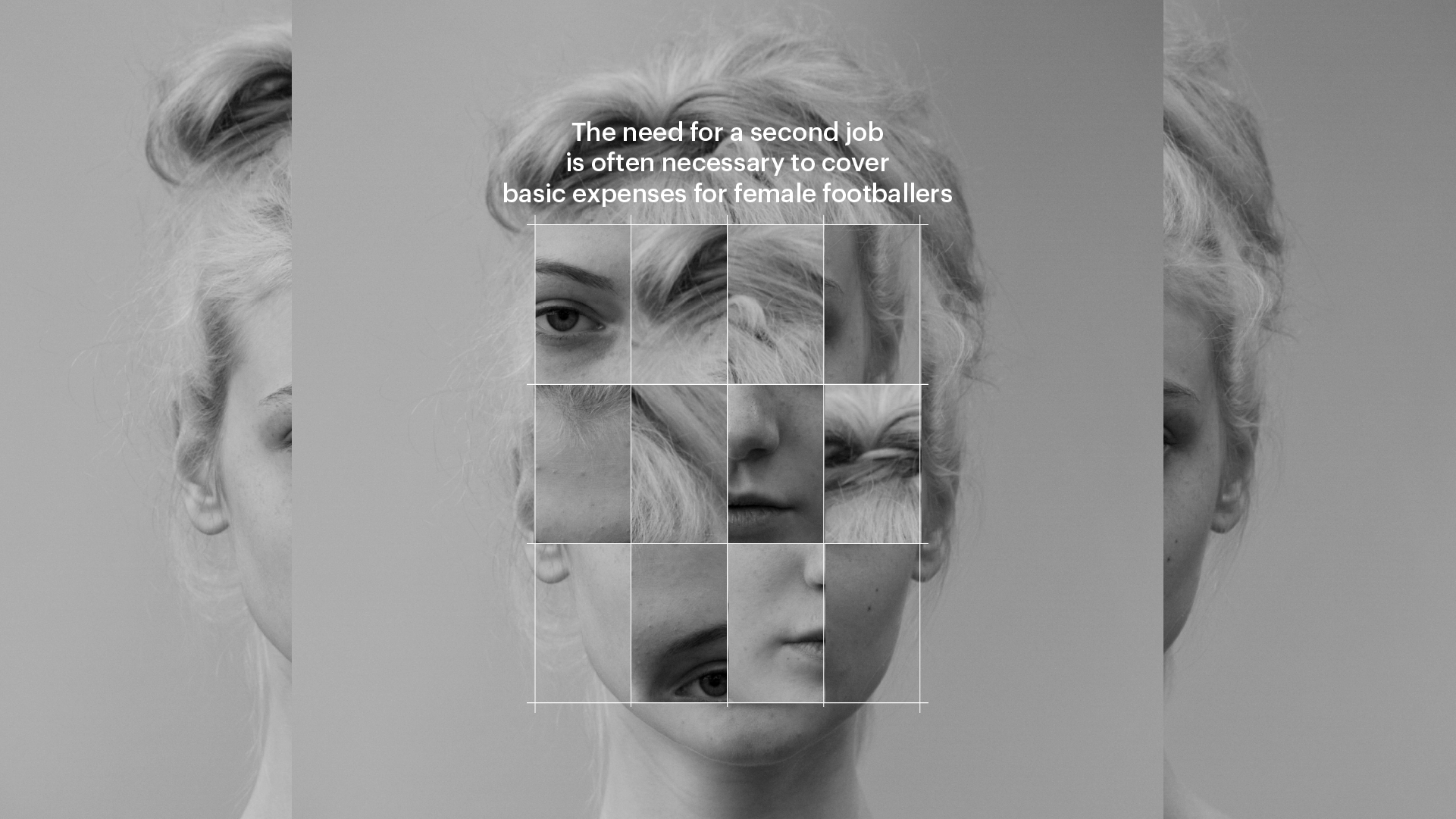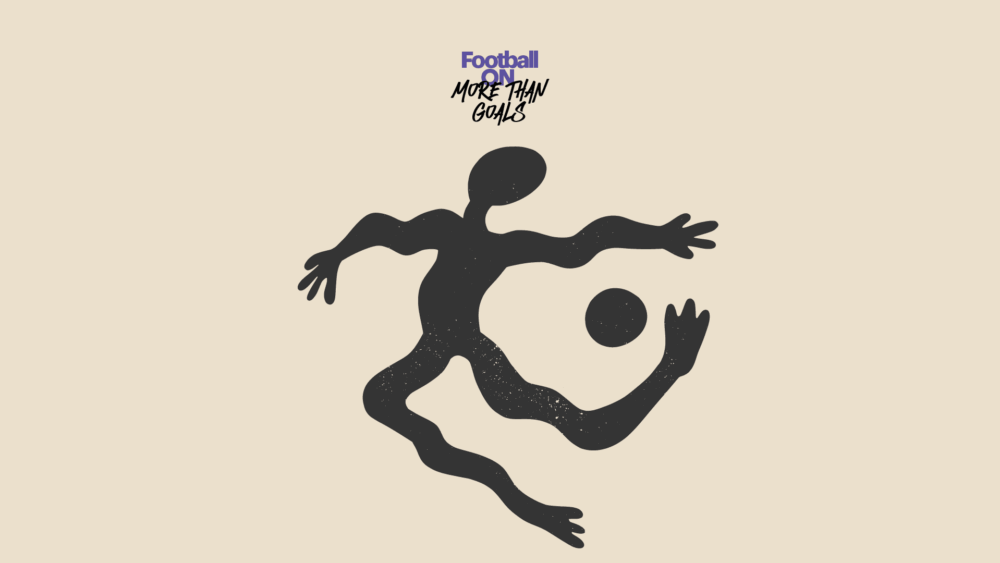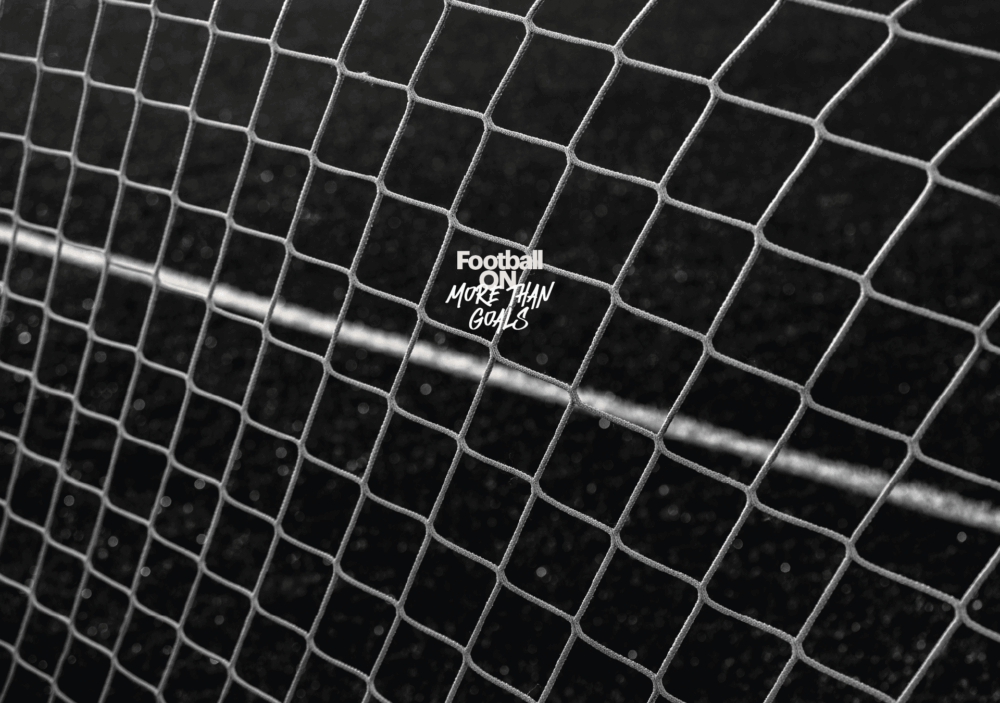
Charoula Dimitriou: “The need for a second job is often necessary to cover basic expenses for female footballers”
Charoula Dimitriou is a footballer, captain of the Panathinaikos women’s football team, educator and member of the Board of Directors of the Panhellenic Association of Paid Footballers and Footballers (PSAPP). She participates in the ETERON project FootballON: More Than Goals, talking about the difficulties faced by female footballers, the challenges of women’s football in Greece, the visibility and coverage by the mass media, but also the European leagues from which women’s football in Greece could draw ideas.
What are the difficulties faced by female footballers both in ensuring financial stability and on a personal level? Is there a need for a second job and how does this hinder their professional development?
Female footballers in Greece face serious difficulties in ensuring financial stability and in their personal lives, mainly due to low salaries, lack of sponsorship and limited resources from the teams. Although some teams have made progress in recent years, the road to full development remains long. The need for a second job is often necessary to cover basic expenses and significantly reduces the time we can dedicate to additional training, rehabilitation and personal development. Furthermore, the combination of professional uncertainty, insufficient social recognition and lack of support creates additional pressures, limiting sporting ambitions.
AC Milan recently introduced a maternity policy for its players. What is the situation in Greece? If a player becomes pregnant for example, what practice is followed?
AC Milan’s initiative to introduce a maternity policy is a significant step forward for women’s football, but the situation in Greece is far from such developments. While UEFA has established a maternity policy for women’s football, which has been in force since January 2021 and includes regulations that ensure the rights of players during pregnancy and after childbirth, in Greece, female players compete under amateur contracts, which still imply that the club reserves the right to unilaterally terminate the contract in the event of pregnancy. Few teams have removed this policy from their contracts. Of course, this increases the insecurity for female players, who are often faced with the dilemma of continuing their careers or starting a family.
What forms of discrimination, stereotypes and prejudices exist in women’s football?
Women’s football continues to face discrimination, stereotypes and prejudices that limit its development. Economic inequality, low pay and minimal sponsorship compared to men’s football, as well as limited infrastructure and resources, are key forms of discrimination. At the same time, gender stereotypes reinforce the perception that football is a “masculine” sport, while female athletes often face questions about their femininity or athletic value. Lack of representation in decision-making positions and limited media coverage further degrade women’s football. These issues prevent female athletes from advancing in their careers, reduce women’s participation in sport and limit opportunities for the development of women’s football.
Regarding the last point, the media coverage of women’s football compared to men’s football, tell us a little more about that. Has it improved at all in recent years or not?
In Greece, the media coverage of women’s football remains limited compared to men’s football. Some A’ Division matches are shown live on television and there is some small coverage by news websites. There is no extensive analysis, reporting and continuous coverage beyond the games, as in men’s football. Of course, teams associated with historic clubs have started to gain more interest from fans and journalists. However, this improvement is still at an early stage and I believe that more coordinated efforts are needed to balance the coverage. Nevertheless, on a global level in recent years there has been progress, with more attention paid to major events, such as the Women’s World Cup, and increased promotion through social media.
Which country could be a model for Greece in promoting and strengthening women’s football in all that we have been discussing above? Personally, what do you consider to be the top 3 leagues in Europe from which we could draw ideas and incorporate elements and policies?
I believe that Sweden could be a model for Greece in promoting and strengthening women’s football. The country has one of the strongest and most consistently growing women’s leagues, Damallsvenskan, and has managed to integrate women’s football into the general sports culture. Sweden invests in infrastructure, develops grassroots programs, and places great emphasis on the promotion of female athletes by the media and clubs.
The top 3 leagues in Europe from which Greece could draw ideas are the Women’s Super League in England, one of the fastest growing leagues with great commercial success. The matches are broadcast live, while the teams benefit from the connection with historic men’s clubs, which enhances their popularity. Then there is the Division 1 Féminine in France, with teams such as Lyon and PSG. The French league sets standards in both professionalism and athletic success, with investment in training facilities and equal opportunities being typical examples to follow. Finally, the Frauen-Bundesliga in Germany, one of the most stable and organized leagues in Europe, in which I also had the opportunity to play for 3 years. Germany emphasizes the development of talent from an early age and constantly invests at the grassroots level.




